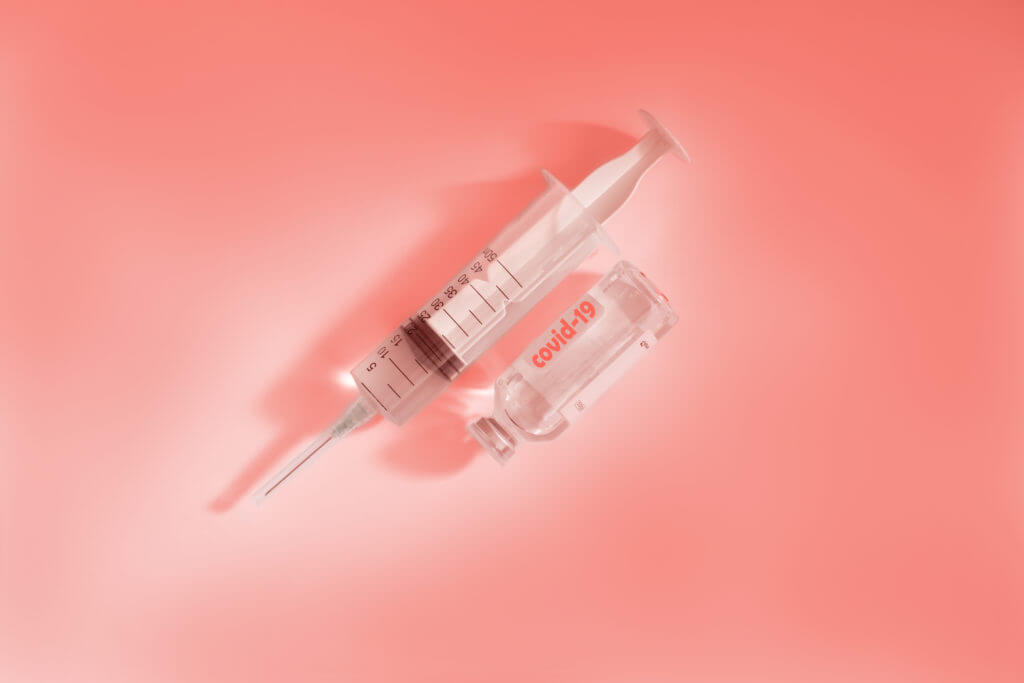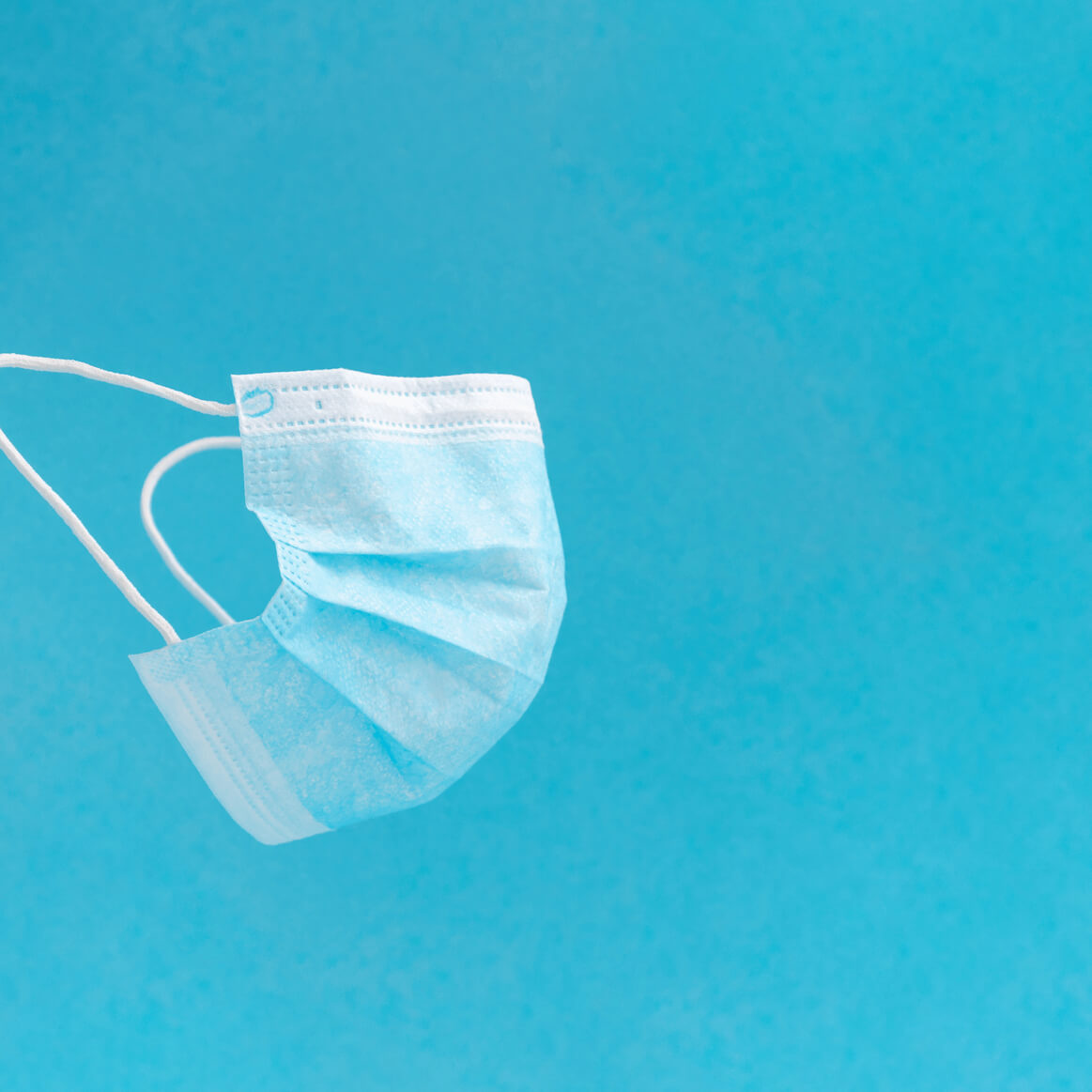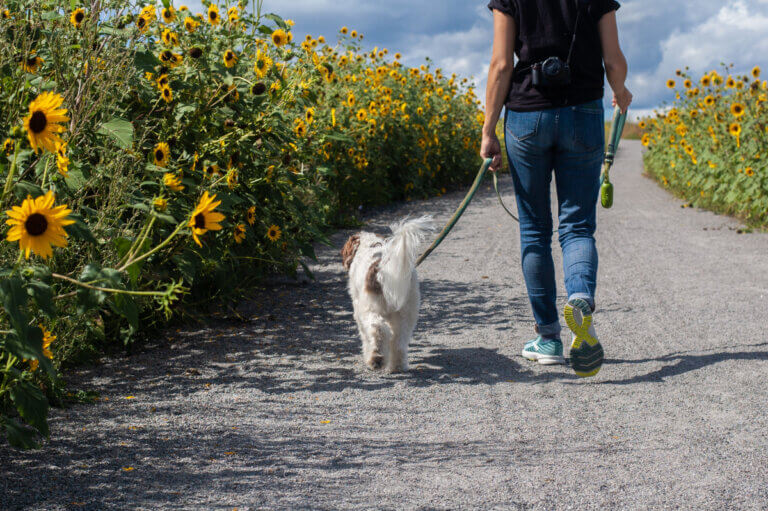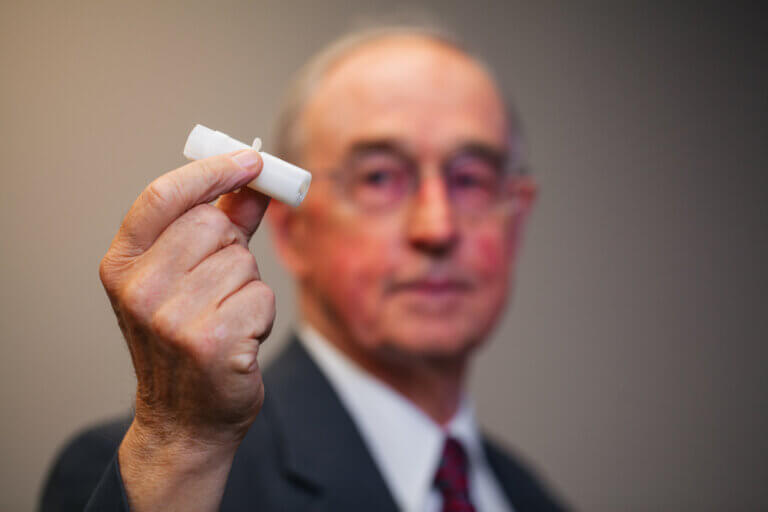In a constantly changing situation, Dr Vicki Holmes shares her opinion about lessons learned from the COVID-19 Pandemic.
Transparent and accurate reporting
It is absolutely critical to have transparency and accuracy of reporting a new (novel) virus that has significant morbidity and mortality. There will always be conflicting views concerning China’s suppression of information; however, even when the information was available, many countries did not take decisive action immediately.
Policies are needed
Canada needs a national policy outlining how policies will roll out concerning decisions to stay at home, practice social distancing, closing schools and businesses. Canada, led by Chrystia Freeland, has done an incredible job of assembling the expertise that was needed to provide leadership. The degree of cooperation among different levels of government has been exemplary.
Early extensive testing
Early extensive testing will allow public health to do case findings to assess everyone with whom the index cases have come in contact, so that proper isolation can be quickly instituted. Unlike China, where they had early access to large numbers of trained people to carry this out, the magnitude of the problem somewhat overwhelmed the staff trained to do this. If we jump on this early, we hope to identify and isolate those affected before they spread it into the community.
Risk factors
It is recognized that those with the greatest risk of death are seniors, people with diabetes, heart disease, obesity, immune suppression from drugs or diseases such as cancer. It also seems to be particularly lethal for black poor people in the USA. The infection hits all ages but the young are less likely to die from it. So what steps can be taken to reduce risk in future pandemics? Obesity is a significant health risk that is closely associated with developing diabetes, hypertension and cancer. Are we as a nation really doing all we can to address this significant health issue? If we seriously took steps to reduce obesity, we could solve many health issues such as hypertension, diabetes, certain cancers, heart disease, as well as susceptibility to death from this virus. It has also highlighted deficiencies in our long- term care homes. Many staff work in more than one home, perhaps because they are not offered full-time work with adequate pay. I think there will be significant changes coming.

What is appropriate testing?
Related Articles
The tests for the virus are PCR tests. Unfortunately, in the beginning, these tests were not readily available and took a long time to get results. A Canadian company got approval from Health Canada for a 15-minute point of care test — what a game changer! There is controversy about the antibody serology tests that are being used to see if you have had the disease. These measure immunoglobulins that our bodies produce to fight the infection. Canada is not at this time endorsing widespread use of this for good reason; the reliability just is not high enough at this time to warrant the cost. I’m sure that as the accuracy of this improves, it will become important to assessing who has had the disease. It is likely, though not proven, that you will have immunity if you have had the disease. We do not know how long that immunity will last.
Vaccine development
There is a significant race to develop a vaccine. It is important that we don’t let fear overcome caution and careful testing. For example, there were seven years of trials before HPV vaccine was released and they have been criticized for not doing enough studies. This is actually extremely complex. There are four different possibilities. The safest would likely be an RNA vaccine that translates into a protein that mimics the spike protein that allows the virus to stick to human cells as a means to enter the cell and replicate. If you develop antibodies to this protein, you neutralize the virus. The trials that need to take place are dosing trials to see what the appropriate dose is, and efficacy trials to see if it actually works. These need to be random blinded placebo control trials. It is not just money that is needed to do this, but time to do a proper assessment.
Personal protective equipment (PPE)
What a scramble this has been! What we know is that we need to produce this in Canada. Even though the raw material 3M needs to make N95 masks in the USA comes from Nanaimo BC, the American president originally restricted these from being sent to Canada. We cannot rely on any other country for something so essential. I’m impressed that so many Canadian companies came forward and created solutions.
Will we learn?
Lastly, we had better learn our lessons because we will likely have a few more rounds of this, especially if we relax the social distancing too early.
MORE READING: Find out more about how Canadian businesses supplied equipment, supplies and services during the pandemic lockdown.







